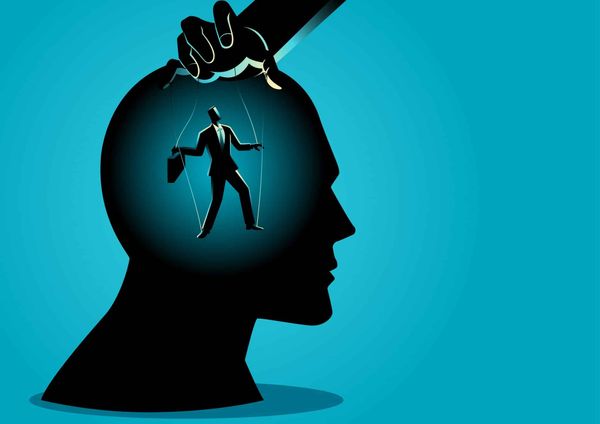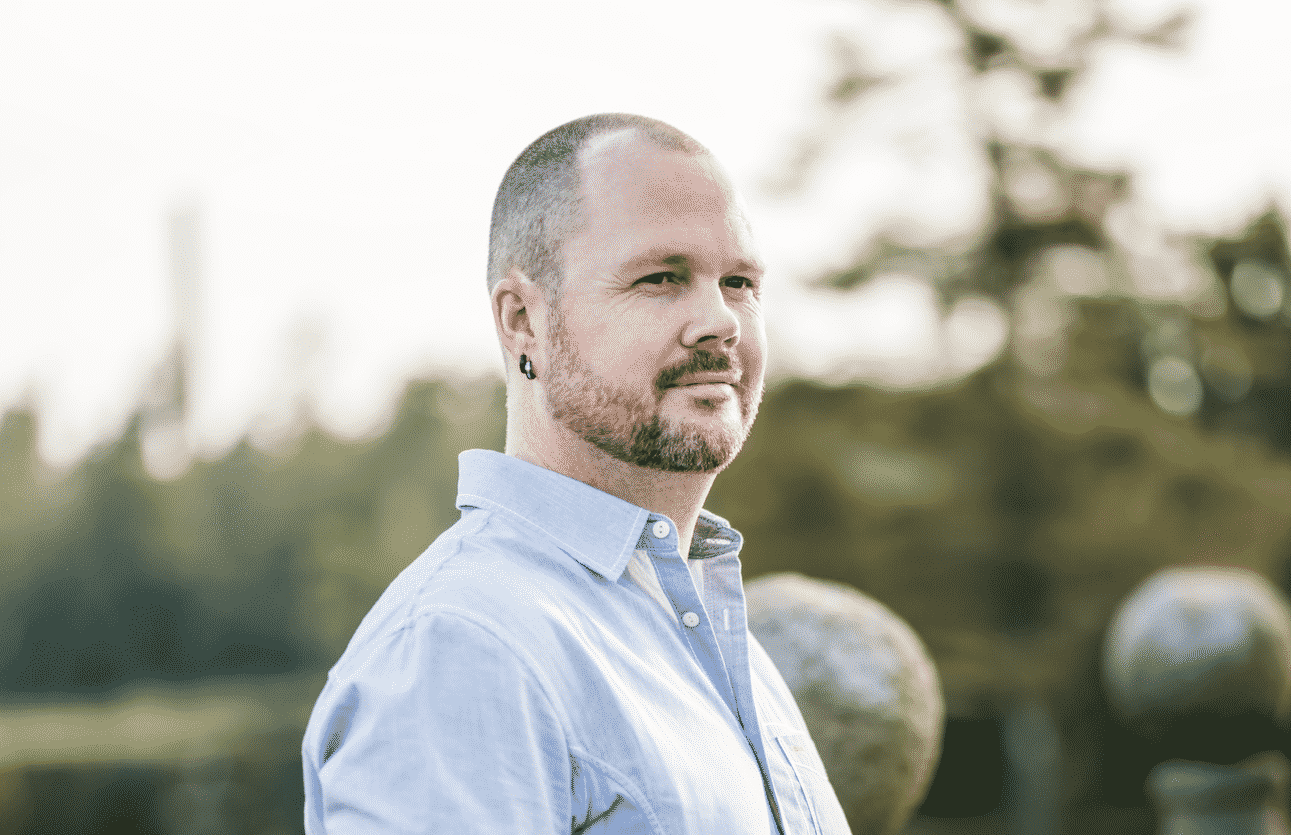Darius • • 4 min read
Work Should Be Like Sex: Finding Meaning and Engagement in Our Work

Work: Would you rather drown or have sex?
In his book, Happier, Tal Ben-Shahar has two models of motivation: Drowning and sex. If you force someone’s head underwater, they are going to feel discomfort and pain. If, at the last moment, you release their head, he will gasp for air and experience a sense of relief. Students are in a similar situation throughout their years in college – they are motivated by their fear of failure. After exams are over, they are freed from their workload, and they feel a surge of relief – which in the moment, can feel like happiness. This is the situation described by the rat racer. Ever since grade school, this is what we’ve been raised to believe is the only path to success and happiness. We are never rewarded for studying, only for the A at the end of the test. We aren’t rewarded for trying to find jobs, only when we get one. The fact that we focus on the end goal and not the journey is a recipe for unhappiness.
However, the sex model offers the combination of present benefit and future benefit. Tal says that when we’re spending hours researching, thinking, reading, and writing, it’s a lot like foreplay. He describes solving the problem much like an orgasm, where the boundary between knowledge and intuition breaks. As we’ve learned earlier, present and future benefit is crucial to happiness, but one more factor is needed – engagement.
Flow and Engagement
Mihaly Csikszentmihalyi, former department head of psychology at the University of Chicago, describes flow as an experience that is rewarding in and of itself, a state in which we are one with experience, in which action and awareness are merged. We’ve all experienced a time when we’re so focused on our activity and nothing competes for our attention – studying for an exam, playing a game of basketball, or cooking a meal. Performing at our best, we learn, grow, improve, and advance toward our future purpose. Like Tal, Csikszentmihalyi believes that we need to have goals so that the direction of our activity has to be clear. During flow, the formula of success is no longer “no pain, no gain”, but rather “present gain, future gain”.
According to Csikszentmihalyi, there must be a harmony of skill level and task difficulty in order to experience flow. If our skill level is too high, and our task difficulty is too low, then we experience boredom. Think of all the times when we have an environment that lacks all challenge – it becomes boring pretty quickly. If our skill level is too low, and our task difficulty is too high, then we experience anxiety. This is what happens when we’re in a stressful environment and pushed too hard. Think of all the investment bankers working 80-100 hours a week, or when we accidentally overload ourselves academically. An essential part of being happy at work is to be challenged.
Meaning in our jobs
Research by psychologist Richard Hackman found that there are several conditions that can lead to an employee to experience more meaning at work. First, the work should draw out a variety of talents and skills; second, the employee should complete a whole task, from beginning to end, rather than play a minor role in the big picture; and third, the employee should feel that her work should have a significant impact on others.
However, Tal says, we can’t hope for the right job or right employer to be handed to us. Blaming others for our problems solves nothing. Instead, we should be proactively seeking measures to improve our own meaning and pleasure in the workplace. We can have a higher chance of engagement if we set our own goals and challenges, even if it isn’t required. Additionally, we can pursue more responsibility and higher levels of involvement in areas we think are interesting.
Sometimes, there is little to no hope of gaining meaning in our jobs. We think about leaving, but then we would be unemployed for a bit, or we might have to take a pay cut. We would be crazy to leave our job if it meant that we couldn’t support our basic needs like food and shelter. However, we tend to shortchange ourselves when it comes to happiness. Why is that? After all, happiness is what matters in the end, not your car or your house.
What if my job sucks?
Amy Wrzesniewski and Jane Dutton found that even in the most restricted and routine jobs, employees can exert some influence on the amount of meaning in their careers. On one of their studies done on hospital janitors, they had two groups of cleaners. The first group was unhappy – they saw their work as boring and meaningless. The second group, which was happy, embedded meaning into their work by seeing it in the bigger picture of contributing to the patient’s well being and keeping the hospital running smoothly. They would talk more with the nurses, patients, and visitors, and take the initiative to make those around them feel better.
It’s important to note that when it comes to our happiness, how we perceive the work can matter more than the work itself. Hospital cleaners who recognize that they’re making a difference will be happier than a doctor who doesn’t see his work as meaningful. Both Wrzesniewski and Dutton have found the same to be true across multiple professions – engineers, nurses, IT, and restaurant kitchen employees.
What if I have to keep my job?
Sometimes, we have to keep our jobs for the big picture. For a friend of mine, 2 years of investment banking experience will greatly enhance the possibility of achieving his goal of retiring early to coach basketball. A managing director might not want his family to give up the lifestyle they have grown used to.
Research by Kennon Sheldon and Linda Houser-Marko show that pursuing goals with deep personal meaning have a spillover effect on the rest of our experiences, including work. On our off days, we should be pursuing what we love, whether it be strengthening our bonds with friends and family, helping out the community, or reading a book. This means that most of us should not be watching TV or playing games, because these activities largely don’t give us any future benefit. I know the Situation is hilarious, but c’mon, at least try to watch Jersey Shore with some friends.








